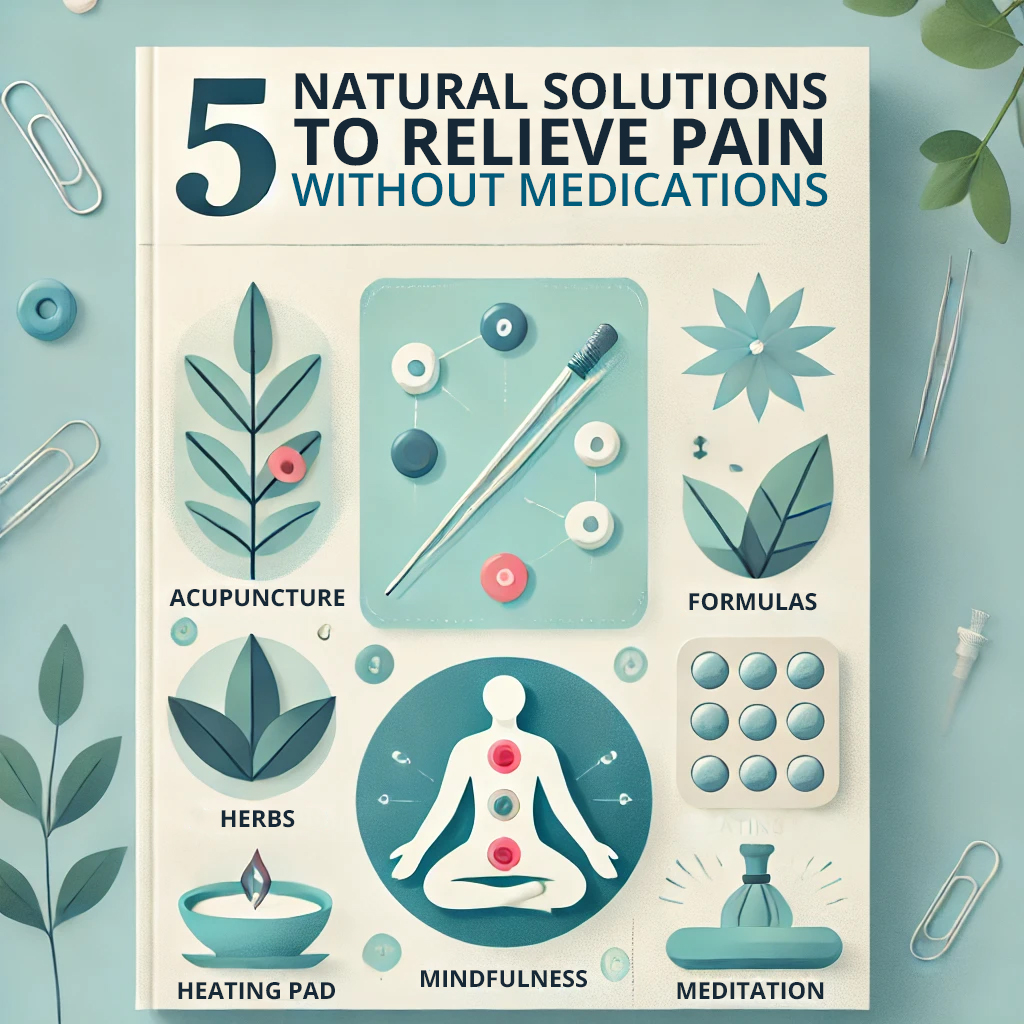By prioritizing a consistent sleep schedule, creating a comfortable sleep environment, and incorporating mind-body practices, you can substantially reduce chronic pain and improve the quality of your sleep, allowing you to wake up feeling refreshed and ready to take on the day in St. Pete. Establish a bedtime routine, invest in a comfortable mattress, and regulate the temperature to promote relaxation. Practice mindfulness meditation and cognitive-behavioral therapy to address underlying thoughts and emotions. By adopting healthy sleep habits, you’ll be well on your way to minimizing chronic pain and sleeping better – and there’s more to explore to optimize your sleep and pain management.
Key Takeaways
- Establish a consistent sleep schedule to regulate the body’s internal clock and reduce chronic pain.
- Create a comfortable sleep environment by investing in a comfortable mattress and controlling light, temperature, and noise.
- Practice mindfulness meditation and mind-body practices to reduce chronic pain and improve sleep quality.
- Adopt healthy sleep habits, such as avoiding stimulants and electronics before bedtime, to promote deeper sleep and reduce chronic pain.
- Incorporate relaxation techniques, like deep breathing and progressive muscle relaxation, into your bedtime routine to reduce stress and anxiety.
Establishing a Sleep Routine
Establish a consistent sleep schedule to regulate your body’s internal clock and start sleeping better. By going to bed and waking up at the same time every day, you’ll help your body get into a natural rhythm, making it easier to fall asleep and stay asleep. This, in turn, will improve your sleep quality and reduce the risk of chronic pain. Insomnia can have a significant impact on daily life, leading to difficulties in falling asleep, frequent awakenings, and unrefreshing sleep acupuncture for insomnia. Aim for 7-9 hours of sleep each night to give your body the rest it needs. Develop a bedtime routine that signals to your body that it’s time to sleep. This could be as simple as reading a book, taking a warm bath, or practicing gentle stretches. Avoid stimulating activities and electronics at least an hour before bedtime, as they can interfere with your ability to wind down. With a consistent sleep routine, you’ll be well on your way to a good night’s sleep and a reduced risk of chronic pain. By prioritizing your sleep, you’ll be investing in your overall well-being and setting yourself up for a healthier, happier life.
Creating a Comfortable Environment
Your sleep sanctuary plays a crucial role in promoting better sleep and reducing chronic pain. A comfortable sleep environment is essential for improving sleep quality and reducing the perception of pain. In fact, acupuncture can also help alleviate chronic pain by stimulating natural healing processes and promoting blood flow enhancing blood flow. To create a sleep-conducive environment, ponder the following:
- Invest in a comfortable mattress: A supportive mattress can improve sleep quality and reduce chronic pain. With a typical lifespan of eight years, it may be time to ponder replacing your mattress.
- Control the light: Keep your bedroom dark by using black-out curtains or eye masks to block out light.
- Regulate the temperature: Keep your bedroom at a comfortable temperature to promote relaxation and reduce discomfort.
- Minimize noise: Play soothing music or white noise to create a peaceful atmosphere.
Managing Pain With Mind-Body Practices
Twenty minutes of mindfulness meditation can be a powerful ally in your fight against chronic pain. By incorporating mind-body practices into your daily routine, you can substantially reduce chronic pain and improve sleep quality. Studies have shown that practices like yoga, tai chi, and qigong can reduce chronic pain in older adults by improving flexibility, strength, and balance, as well as reducing stress and anxiety. For instance, incorporating herbs and natural remedies Herbal Medicine Expertise can also provide relief from chronic pain. Regular mind-body practice can lead to decreased pain severity, with some studies finding a 30% reduction in pain intensity. Cognitive-behavioral therapy (CBT) is also a valuable tool in managing chronic pain, as it helps individuals address underlying thoughts and emotions. Mindfulness meditation, in particular, has been found to decrease chronic pain by 22% and improve sleep quality by 46%. By making mind-body practices a priority, you can wake up feeling refreshed and rejuvenated, ready to take on the day without the weight of chronic pain.
Here’s how LA found a new lease on life through Dr. Justin Mandel of Elite Care Acupuncture.
I had never considered acupuncture until a friend who himself had been relieved of back pain after a series of treatments recommended you.
I too, am now free of back pain that was causing problems for me–especially on the golf course. I in turn will be recommending you to my friends that have similar problems.
Thanks again.
L.A., Retired
Healthy Sleep Habits to Adopt
As you focus on preventing chronic pain, one essential aspect to tackle is your sleep habits. By adopting good sleeping habits, you can substantially reduce the risk of chronic pain and wake up feeling refreshed and rejuvenated. In fact, stress and anxiety can increase muscle tension, exacerbating neck pain acupuncture’s role. Additionally, a healthy sleep schedule can help reduce pain and inflammation through anti-inflammatory properties.
- Aim for 7-9 hours of sleep each night to regulate pain sensitivity and reduce the risk of chronic pain.
- Establish a consistent sleep schedule and create a relaxing bedtime routine to improve sleep quality and duration.
- Avoid stimulants and electronics before bedtime, including caffeine, nicotine, and electronic devices, to promote deeper sleep and reduce sleep disruptions.
- Practice relaxation techniques before bedtime, such as meditation, deep breathing, or progressive muscle relaxation, to reduce stress and anxiety and improve sleep quality.
Overcoming Chronic Pain at Night
Tackle chronic pain at night by pinpointing its underlying causes. Are you stressed, anxious, or tense? Do you have an underlying medical condition or injury? Identify the root cause of your pain and address it accordingly. Maybe you need to stretch before bed or try relaxation techniques like deep breathing or progressive muscle relaxation. In addition, consider incorporating alternative therapies like acupuncture, which can enhance digestive health and reduce stress-related issues affecting chronic pain. It’s also essential to manage your pain during the day. Incorporate pain-relieving activities into your daily routine, such as walking, swimming, or yoga. Avoid activities that exacerbate your pain, and take regular breaks to rest and recharge. Establish a calming pre-bedtime routine to signal your body that it’s time to sleep. This can include activities like reading, listening to soothing music, or practicing gentle stretches.
Frequently Asked Questions
How to Sleep Despite Chronic Pain?
When you’re exhausted but pain won’t subside, remember ‘rest is not idleness.’ To sleep despite chronic pain, try relaxation techniques like deep breathing, progressive muscle relaxation, or visualization to calm your mind and body, allowing you to drift off to a restful slumber.
What to Do When Pain Won’t Let You Sleep?
When pain won’t let you sleep, try relaxation techniques like deep breathing, progressive muscle relaxation, or mindfulness meditation to calm your body and mind, helping you drift off to sleep and wake up feeling more refreshed.
How Can I Sleep With so Much Pain?
Imagine being wrapped in a soothing blanket of tranquility, where pain’s fiery embers diminish. You can sleep despite the pain by prioritizing relaxation techniques, like deep breathing, progressive muscle relaxation, or guided imagery, to calm your mind and body before drifting off.
How to Reduce Pain From Sleeping?
To reduce pain from sleeping, you’re taking the right step by addressing it! Focus on maintaining a comfortable sleep position, like sleeping on your back with a pillow under your knees, to alleviate pressure on your joints and ease pain.
Conclusion
As you close your eyes in St. Pete, imagine waking up to a new reality where chronic pain is just a memory. It’s not a coincidence that a restful night’s sleep can be the key to releasing a life free from discomfort. By establishing a sleep routine, creating a comfortable environment, and adopting healthy sleep habits, you’ll find that the pieces fall into place. Your body heals, your mind calms, and your day begins with renewed energy. Tonight, take the first step towards a pain-free tomorrow.
Achieve Lasting Wellness
At Elite Care Acupuncture & Alternative Medicine, we focus on helping you reach your health goals with personalized, holistic care. Whether you’re dealing with chronic pain, stress, or exploring natural healthcare options, our dedicated team is here to guide you.
Connect with Us:
Address:
1105 7th Avenue North, Saint Petersburg, FL 33705
Phone: +1 (727) 606-8700
Website: www.EliteCare.clinic



